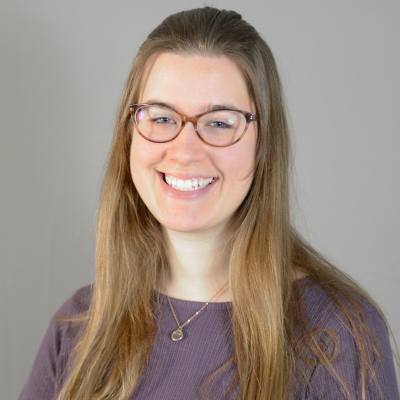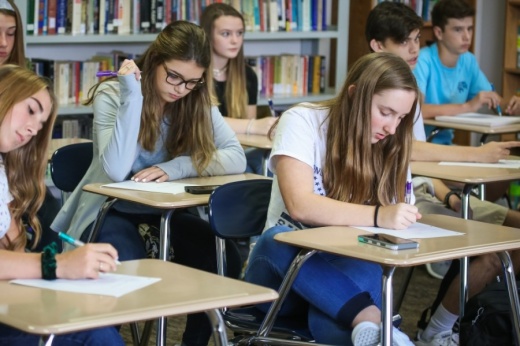“Since COVID[-19], I receive multiple requests daily on, ‘What is [your] program? How are [you] going to look in the fall? How easy is it to transition ... back to public school?’” Magnolia Heritage Academy founder Morgan Honeycutt said in July.
She said the hybrid program, which offers classes and support for families home-schooling their children, has seen significant growth in its three years in Magnolia. Last year, 61 students were enrolled, growing to 96 students this year with a waitlist, she said.
As such, the program has added to its two- and three-day on-campus options to expand capacity, she said. In a third option, students participate virtually in classes on Mondays and on-campus two Fridays a month when other classes are not held.
At Extraordinary Education in Magnolia, another hybrid home school program, Director Elise Eaton said the center has also noticed an uptick in inquiries this summer. However, she said she believes the coronavirus pandemic is only one factor in increased interest in home schooling.
“The COVID[-19] regulations are one aspect of it,” Eaton said. “Not everybody’s on board with the attitudes that are being pushed [by the state] in the public school system about history, your race and what’s right and wrong.”
Honeycutt said she believes standardized testing has also pushed more families to choose home schooling in recent years.
Data from the National Center for Education Statistics shows 3% of students ages 5-17 in the U.S. were home schooled in 2007; that figure grew to 3.3% of students in 2016. Further, according to the Texas Homeschool Coalition, home schooling in Texas has increased by an average of 7% annually for the last 20 years.
In April, a national survey by RealClear Opinion Research found 40.8% of the 626 respondents were more likely to enroll their children in home school or virtual school after stay-at-home orders end.
“Right now, something like 3% of families home-school. What if 40% of families home-school in the fall? What does that do to our education system? What does that do to all these schools that we’ve built?” Eaton said.
According to estimates from the U.S. Census Bureau, private school enrollment for children ages 3-19 grew 58.57% from 2013-18 within Tomball and Magnolia ISDs' boundaries, growing from 4,328 students in 2013 to 6,863 students in 2018. In the same time, public school enrollment grew 9.51% within the school districts' boundaries, data shows, rising from 24,537 students in 2013 to 26,871 students in 2018.
Concordia Lutheran High School, located in Tomball, has seen a larger number of inquiries than usual this summer, Director of Advancement Jonathan Schleicher said in an email. Despite the economic downturn—and its subsequent affect on Concordia families—Schleicher said Concordia's enrollment is growing. The campus ended the 2019-20 school year with 548 students and was on pace in late July to have more than 560 students this fall, he said. However, the demand for need-based tuition assistance has also grown, he said.
"We are seeing several public school families reach out and inquire about admissions as we are planning to offer both in-person and online learning for this fall. Several families mention how we successfully did eLearning in the spring. In addition, we are having people looking into Concordia due to our smaller class sizes and our emphasis on college-prep education," Schleicher said in an email. "Through word-of-mouth advertising, we are having several new families join us as our students stayed on track during the pandemic. Our families do really want their children to be on campus, but many are confident that their child will succeed educationally even through an online platform due to our teachers’ work."
Ibrahim Firat, the founder of Firat Education—a Houston-based educational consulting firm—said he believes families are looking at how public schools responded to COVID-19 and conducted remote learning this spring as they choose from public or private education for the fall. He claims private schools are attractive because they often have smaller enrollment and can more easily facilitate the transition to remote learning.
“They can pivot much faster, much more effectively than public schools can,” he said. “We’re expecting some sort of increase in enrollment or at least inquiries [for private schools], but private schools also have a duty to maintain their community standards as well as their safety and health guidelines.”





